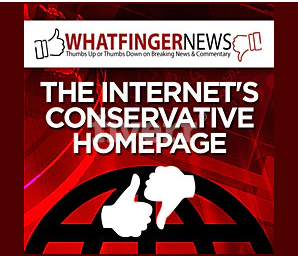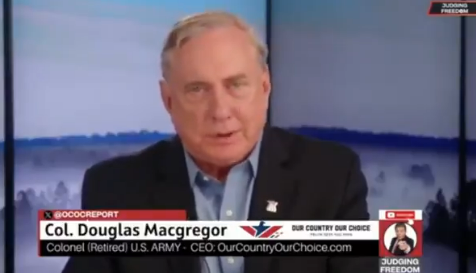As the world watches the unfolding drama in Ukraine, a surprising twist has emerged: President Volodymyr Zelensky has extended an olive branch, inviting Russia to participate in the next peace summit. This unexpected move has left many scratching their heads, wondering why Zelensky, who has been steadfast in his opposition to Russian aggression, is now seemingly willing to negotiate with the enemy. To understand this shift, one must look beyond the surface. Zelensky’s actions are not merely a spontaneous gesture of goodwill. They are a calculated gamble, driven by the shifting sands of international politics and the looming specter of the 2024 U.S. presidential elections.
The Trump Factor
The prospect of Donald Trump reclaiming the White House in November is casting a long shadow over Ukraine. Trump, known for his isolationist and unpredictable foreign policy, has already made it clear that he would reevaluate America’s involvement in the Ukraine conflict. During his previous administration, Trump demonstrated a penchant for cozying up to authoritarian leaders and questioning the value of NATO, a stance that alarmed many of America’s traditional allies link. Zelensky is acutely aware that a second Trump presidency could mean a dramatic shift in U.S. policy towards Ukraine. The generous flow of military aid and financial support that has been crucial to Ukraine’s resistance against Russian aggression might dry up overnight. Without American backing, Zelensky would find himself in an untenable position, facing a formidable adversary with significantly diminished resources.
Preemptive Diplomacy
By extending an invitation to Russia, Zelensky is attempting to preempt the potential fallout from the U.S. elections. This move is a strategic effort to secure a favorable peace agreement while he still has the backing of the current U.S. administration and its allies. The timing is fundamental. With the elections just months away, Zelensky knows he must act quickly to broker a deal that ensures Ukraine’s sovereignty and security link.The invitation to Russia is also a signal to other international stakeholders that Ukraine is committed to finding a peaceful resolution to the conflict. This could help galvanize broader diplomatic support and possibly pressure Russia into negotiations, knowing that the window for a favorable settlement might be closing. However, Russia reacted to Zelensky’s words, saying that “first needs to understand what Kyiv means before attending talks“, considering the last summit was a complete failure.
The Realpolitik of Survival
Zelensky’s maneuver is a classic case of realpolitik. It’s about survival in a world where alliances can shift overnight. By opening the door to dialogue with Russia, he is not capitulating but rather positioning Ukraine to navigate the turbulent waters of international politics. It’s a recognition that idealism must sometimes give way to pragmatism, especially when the stakes are as high as national survival.
A Calculated Risk
There are, of course, significant risks involved. Engaging with Russia could be seen as a sign of weakness, potentially emboldening Russian aggression. It could also alienate some of Zelensky’s domestic supporters and international allies who view any concession to Russia as a betrayal. However, the alternative—continuing a protracted and bloody conflict with uncertain international support—may be even more perilous.
Conclusion
In the high-stakes game of international diplomacy, Zelensky’s invitation to Russia is a bold move, driven by the harsh realities of the geopolitical landscape. With the U.S. elections on the horizon and the potential return of Trump, Zelensky is playing a complex game of chess, seeking to secure Ukraine’s future in an uncertain world.
As we watch this drama unfold, one thing is clear: the next few months will be critical for Ukraine. Whether Zelensky’s gamble pays off or backfires spectacularly, only time will tell. But in the end, it’s a stark reminder that in the world of politics, sometimes the most daring moves are the ones that matter most.
Jake Tanner Bio:
Expert Prepper, Survivalist and Off-Grid. I live with my wife, my three children, and my loyal dog in a family compound located in a rural area where we live completely off-grid. This unique setup also includes my parents, my siblings, and their families, creating a close-knit, self-sufficient community prepared for any event. I spend my days continuously enhancing my prepper systems and working from my cozy “bunker office”, where I write and shares my knowledge on survival and self-reliance. My experiences and dedication have culminated in the creation of comprehensive guides and resources aimed at helping others become better prepared for whatever challenges may come.
Add your articles to the Whatfinger Site… email us at whatfingereditor@gmail.com –




